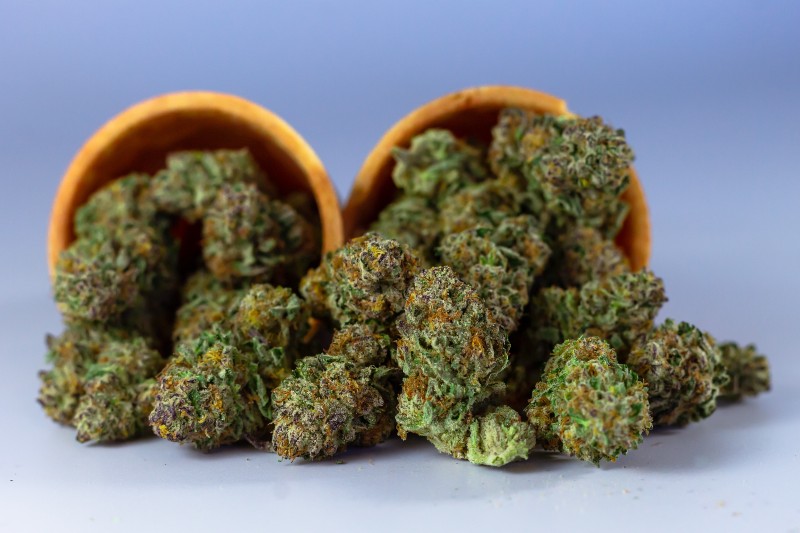You are here
Home 🌿 Cannabis Technology News 🌿 Should Legal Cannabis be Taxed According to Potency? 🌿Should Legal Cannabis be Taxed According to Potency?

The legal cannabis industry is booming virtually anywhere sales are allowed.
For most legal cannabis countries, the industry is limited to just medical cannabis. After all, only Uruguay and Canada allow adult-use sales at the national level so far.
Of course, some areas in the United States also allow legal adult-use cannabis sales, but not the entire country.
New Zealand almost became the third country to legalize cannabis for adult use in 2020 with a legalization measure on the ballot. Unfortunately, the measure was turned down by voters.
This year a handful of countries may legalize cannabis. Mexico and Israel seem to be all but certain to get legalization to the finish line in 2021, with a few other countries also pursuing legalization.
One area of legalization that is of particular interest to regulators around the world is taxing cannabis.
Various Ways To Tax Cannabis
Generating tax revenue is a big reason why many lawmakers support cannabis legalization, for better or worse.
In a perfect world, all lawmakers would be on the right side of history for all of the right reasons, however, it’s no secret that many seem to be largely motivated by money.
Taxing cannabis and generating revenue for public coffers is also a big selling point for many non-consumers who might be on the fence about cannabis legalization.
Cannabis taxes can come in many forms, with the most popular being a tax at the cash register. Legal cannabis sales tax is the most straight-forward way to implement and track cannabis taxes.
When someone buys cannabis, they pay ‘X’ percent tax on top of the purchase price, and that tax goes to whatever cannabis taxes are earmarked for in a given jurisdiction.
Another way to tax cannabis is to tax it by weight, although, that’s not necessarily an equitable way to tax cannabis because not all cannabis is of equal quality, which poses a question: should cannabis be taxed by potency?
Potency As A Basis For Taxation
A new model for taxing cannabis, taxing cannabis by potency, is being floated around in policy circles.
The overall concept is straight-forward in that the higher the potency of the cannabis, the greater rate at which it is taxed.
From there it can get a bit complicated regarding what tax rate to set at which potency range and who bears the burden of taxation. Is it the producer, the seller, and/or the consumer that is paying the tax?
It would be a major shift from paying legal cannabis sales tax in that many consumers currently shop by whatever the highest THC percentage is at a given retailer.
That ‘THC hunting’ consumer habit incentivizes cultivators to shop around for lab results with the highest THC percent, even if the THC testing percentage result on the package is not consistent among the testing laboratories.
Taxing legal cannabis by potency could potentially disincentivize shopping around for testing results and purchasing solely based on THC percentage.
With more jurisdictions across the globe exploring taxation models, the taxing by THC percentage model could become a common international taxation approach over time.
420 Intel is Your Source for Marijuana News
420 Intel Canada is your leading news source for the Canadian cannabis industry. Get the latest updates on Canadian cannabis stocks and developments on how Canada continues to be a major player in the worldwide recreational and medical cannabis industry.
420 Intel Canada is the Canadian Industry news outlet that will keep you updated on how these Canadian developments in recreational and medical marijuana will impact the country and the world. Our commitment is to bring you the most important cannabis news stories from across Canada every day of the week.
Marijuana industry news is a constant endeavor with new developments each day. For marijuana news across the True North, 420 Intel Canada promises to bring you quality, Canadian, cannabis industry news.
You can get 420 Intel news delivered directly to your inbox by signing up for our daily marijuana news, ensuring you’re always kept up to date on the ever-changing cannabis industry. To stay even better informed about marijuana legalization news follow us on Twitter, Facebook and LinkedIn.




